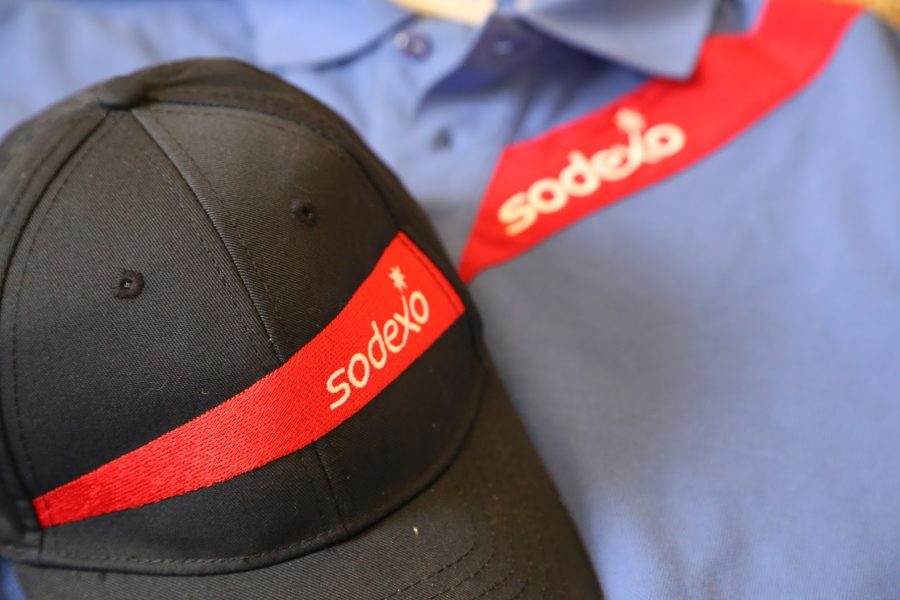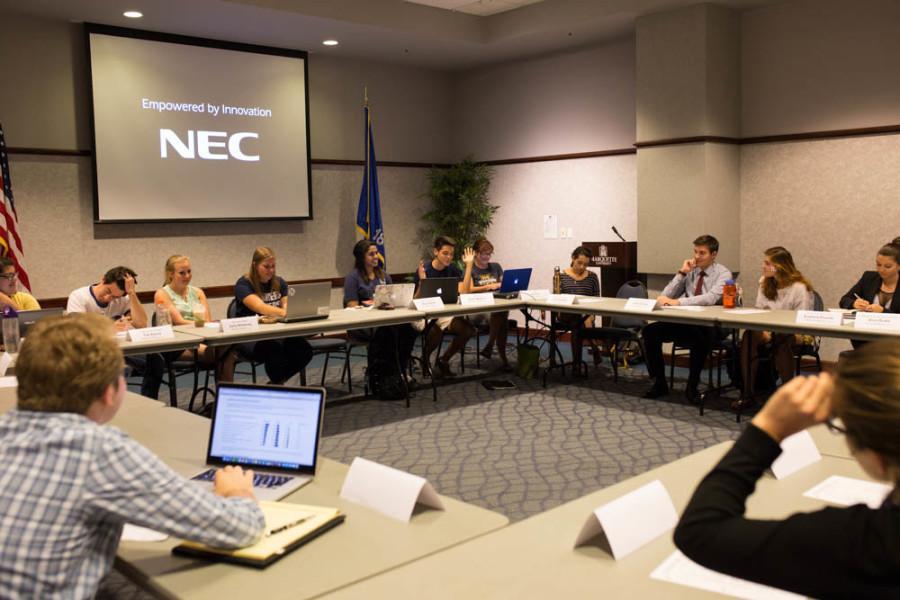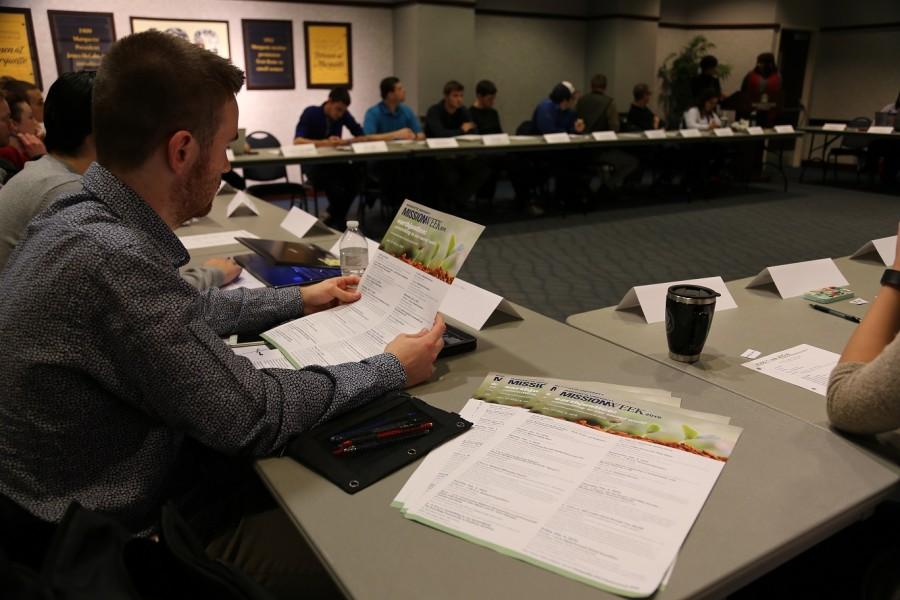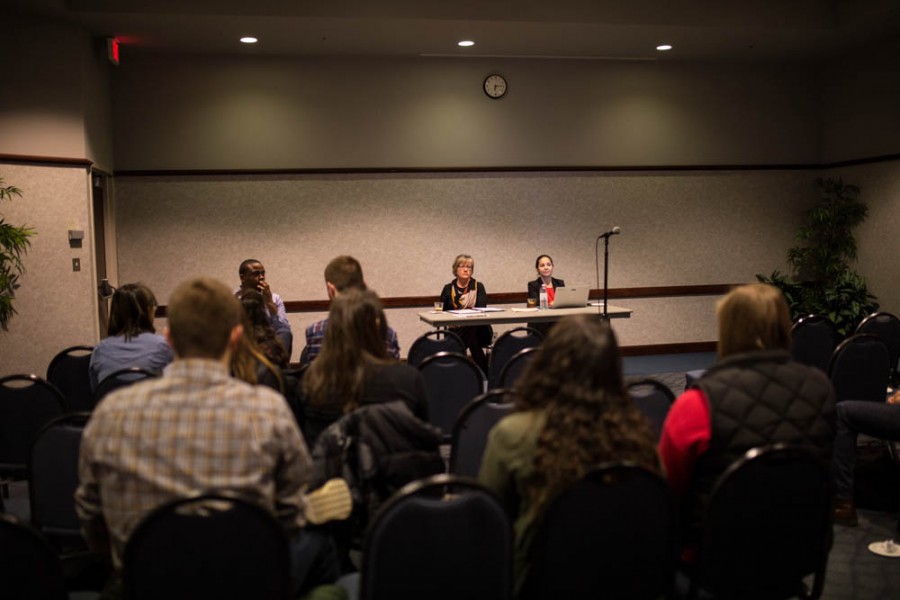Since Marquette’s contract with Pepsi expires this year and Sodexo next year, the university is evaluating options for food service providers and beverage manufacturers on campus.
Marquette’s contract with Sodexo expires June 30, 2017. The current contract with Sodexo contains an amendment allowing Marquette the option to extend the contract by another year if they choose.
“Whenever a contract is set to expire, it’s best practice to evaluate the university’s current realities and consider all options,” Jenny Alexander, director of purchasing, said in an email. “In this case, the university will look at evaluating options through a request for proposal, which is a standard way of conducting such business.”
The Sodexo agreement began in 2002 and the contract has been renegotiated or amended since that time. Alexander said the university will ask potential food providers about contract lengths and financial and service benefits. Alexander expects the initial term of a new contract with a food service provider to be approximately 10 years.
The university has started discussions of how suppliers will be reviewed and who will be on the advisory and program development committees to help make these decisions.
“The structure (of the committees) will include all voices of the campus community and will determine the supply base or potential providers and what the priorities are for the evaluation,” Alexander said.
Andrea Broggy, a freshman in the College of Nursing, said it would not bother her if the university renewed its contract with Sodexo or changed food providers.
“They can change. Maybe it would be better or worse. The food is not as bad as everyone says it is,” Broggy said. “I probably wouldn’t even notice.”
Alexander said Sodexo, or a parent company, has been on campus since the early 1990s.
Marquette’s contract with Pepsi will expire June 30 this year. The university has a month-to-month extension for their contract with Pepsi if needed.
“We are evaluating what is in the best interest of the university in the areas of product selection, costs and revenue,”Alexander said. “If there were a change, it would require new equipment and potentially new payment methods. And of course, the beverage choices would be affected.”
Courtney Guc, a MUSG senator and junior in the College of Business Administration, is a member of a committee of students and administrators discussing the beverage and food options and considering the ideas of different vending on campus.
Guc said the group is in the early process of discussions and has not started a search process yet, but they are considering sustainable and socially just companies.
“It’s really discussing all of those questions and the actual decision won’t be made until summer, so we’ve got summer meetings set up for the vendors to come in and do their pitches,” she said.
Guc said she is constantly asking people whether they like Coke or Pepsi or what kinds of coffee people like. She said she wants people to know a change in vendors is possible.
“I think a lot of people have the idea that Pepsi will never change and Sodexo will never change and that’s not true,” Guc said. “Sometimes it’s hard for them to change within your experience here.”
Alexander said the contracts with food providers and beverage manufacturers are separate discussions, but the food service provider will serve whichever beverage product the university has a contract with.
Alexander said the university was previously a Coca-Cola campus, but switched to Pepsi about 15 years ago.






